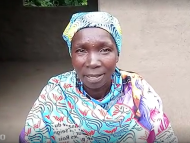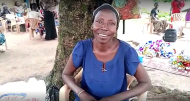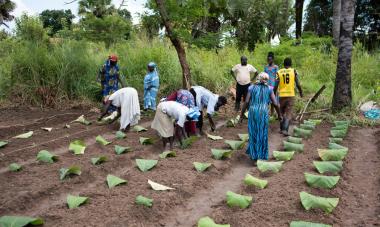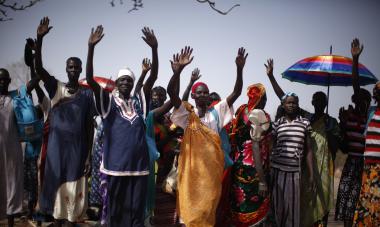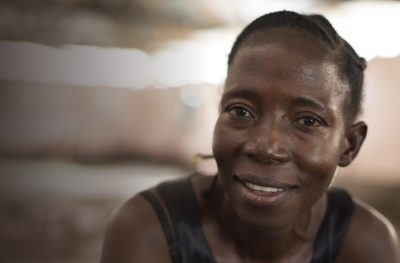In South Sudan, Women Are Learning Skills to Survive and Feed Families.
Tabitha Mondulu who lives in Jansuk, South Sudan, is shocked when she goes to the market these days. Maize - her country’s basic food stable - has skyrocketed to three times its earlier cost. “Before, I was able to have two meals a day,” she says. “Now, it’s not easy to have even one meal a day.”
It’s sad to say, but Tabitha could be considered lucky in this country where more than three-fourths of the population is facing severe food insecurity.
Decades of violent conflict combined with droughts and flooding have destroyed farmland and displaced millions. The pandemic reversed the economic recovery that followed the 2018 peace agreement. Russia’s blockade of Ukraine’s wheat export directly affected Kenya and Uganda, which passed rising costs onto South Sudan. Even Kenya’s recent elections, which paralyzed traffic in its own streets and slowed the transport of commodities, caused South Sudan’s food and oil prices to soar.
And the price wars aren’t over yet. Given South Sudan’s still-heavy reliance on imported food, the International Monetary Fund in August 2022 predicted that the surge in the price of wheat and other staples in global markets would trigger a rise in cost of living in South Sudanese households still buying food in the market, as well as increase shortages in rural areas dependent on humanitarian aid.
The upshot: “An exacerbation of South Sudan’s already-dire humanitarian situation.”
But Tabitha and the other participants in Women for Women International’s “Stronger Women, Stronger Nations” program (SWSN), are learning business skills to ride the wave. The training educates women about their rights and equips them with knowledge about how to earn and save money. Each participant also receives a $10 monthly stipend and is encouraged to join with others to create investment groups.
Participates report that the training is life changing.
Says Esther Opani, a participant in Tabitha’s group of 24 women:
“Things are really expensive now, but thanks to Women for Women International (WfWI), I am learning business skills I can apply for survival in this harsh economy. This way, I can earn something to buy food so that my children are happy.”
With the help of her trainers, Alice Ngurama Michael, another participant, learned to save almost three-fourths of her monthly stipend. She used part of the money to buy items like flour to prepare a meal for her family; with the money she saved, she started up a small business. “I sell food items like spices and silver fish in a stall in the market. My business is helping my family to survive.”
In South Sudan, among the vocational skills training WfWI offers are beauty care, sewing and baking. Today, however, the cost of a sack of baking flour is 16,500 South Sudanese pounds (or around $27 USD) – a fortune in this economy.
And flour is not the only commodity whose cost has risen. Paskalino Ngalo, a bakery trainer in WfWI’s Jansuk program, says cooking oil, baking powder, butter, and vanilla also cost more, as well as the charcoal needed to heat the portable metallic ovens. “Even butter, which we use to bake cookies (cake naim), is expensive.”
Paskalino looks at the economic situation with an experienced eye. “I am also a businesswoman,” she says, “and I sell items that I bake. With prices this high, profit is small.” There’s also the hike in fuel prices which affects transportation of items from Uganda. “We train our women well,” Paskalino says, “but high market prices are challenging.”
Still, WfWI participants feel they are being equipped with life skills that give them a power they didn’t have before.
Says Esther,
“Women for Women International has made us resilient; we have learned to survive and be strong. We have been empowered and strengthened, and that makes me so happy.”

